Learn the Risk Factors
Several risk factors increase a person’s chances of developing oral cancer, and some of them can’t be helped. For instance, men are twice as vulnerable to oral cancer as women, and people over the age of 45 are also at much greater risk. Of all the risk factors, the greatest by far is tobacco use. As much as 85% of oral cancer cases are linked to some kind of tobacco use. Another risk factor that can be avoided is frequent, heavy alcohol consumption. Apart from these, too much sun exposure can lead to lip cancer, neglecting oral hygiene can increase your chances of developing it (particularly when combined with tobacco use), and a growing number of cases are linked with HPV infection.
Recognize the Symptoms
Not everyone with the risk factors will get oral cancer, and some people with none of the risk factors could still develop it. This is why it’s so important to be able to recognize the symptoms when they appear. These include:
- Mouth or lip sore that doesn’t heal
- An unusual lump on mouth, lip, throat, or neck
- Strange thickness in the cheek
- Numbness in the mouth or tongue
- Red or white patches inside the mouth
- Difficulty chewing or swallowing
- The persistent feeling of having something stuck in the throat
- Chronic bad breath
Early Detection Saves Lives
The earlier oral cancer is caught and treated, the better the rate of survival is. Those who have one or more of the risk factors should consider getting regular health screenings, which can detect oral cancer before any of the above symptoms appear.
How Your Dentist Can Help
One place where oral cancer is often caught early is at regular dental exams! That’s right, dentists don’t just check teeth for cavities and gums for gum disease. Add that to the list of reasons not to skip a regular dental appointment! If you’re up to date on your dental exams but are looking for ways you can get involved in raising awareness of oral cancer, just let us know!








